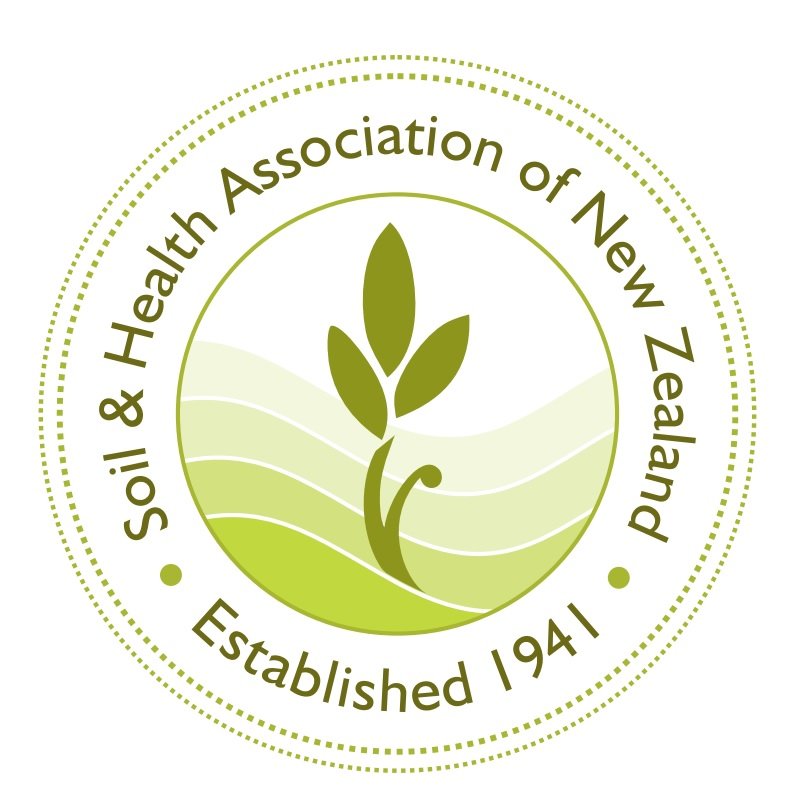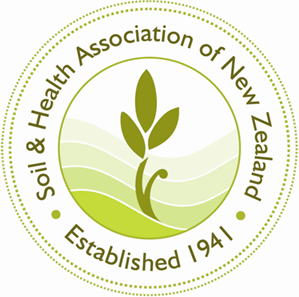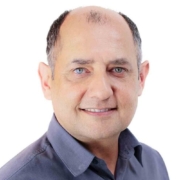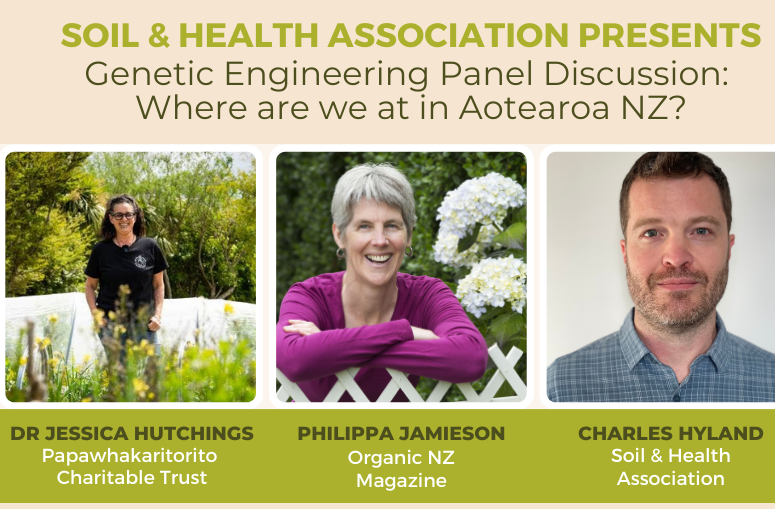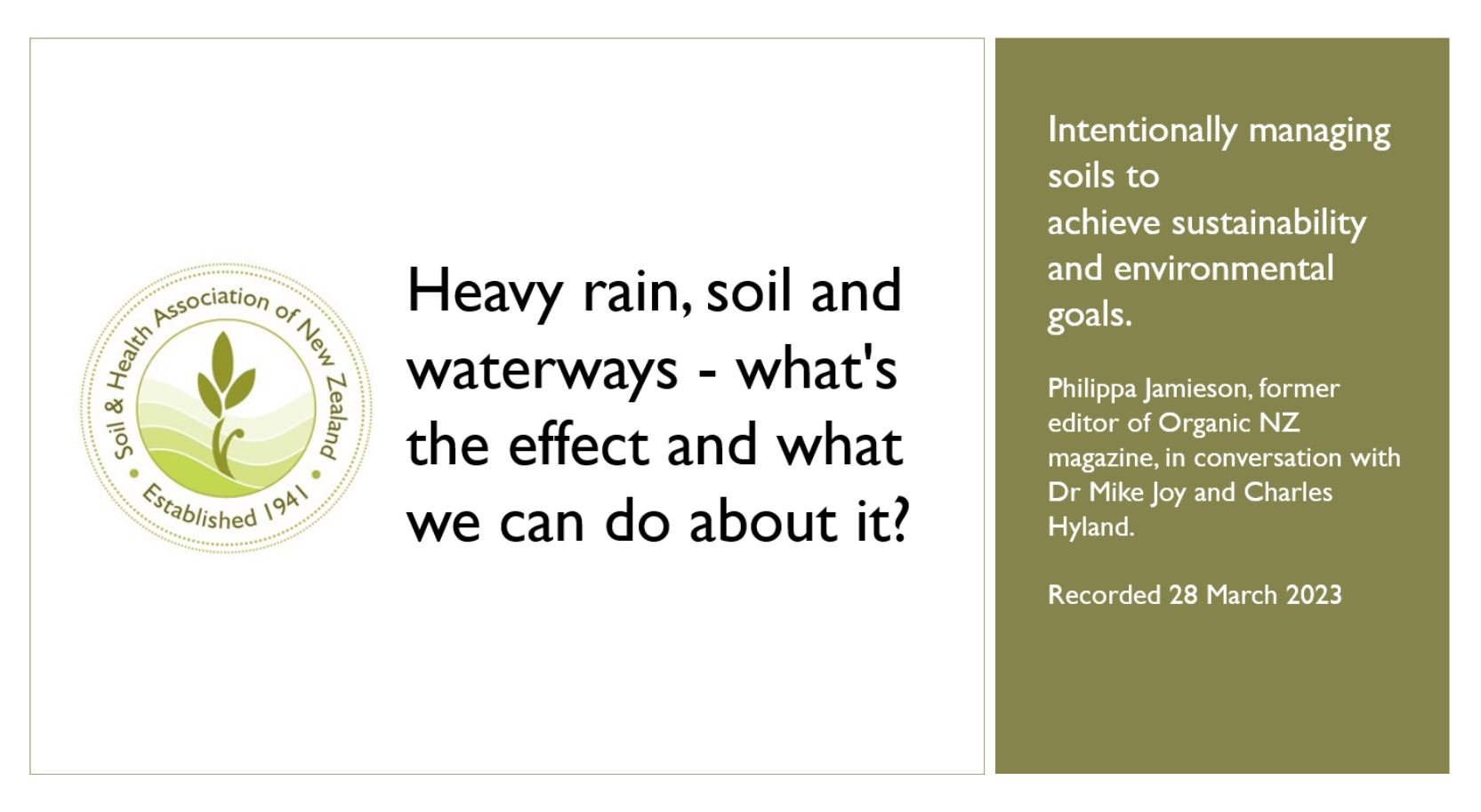Special General Meeting – Saturday 4 May 2024, 10am to 12pm
The Soil & Health Association of New Zealand held a Special General Meeting on Saturday 4th May to gauge members’ support for a new strategic vision. The meeting was held in Wellington, with those unable to attend in person attending via Zoom.
DRAFT MEETING MINUTES
The draft Minutes of the SGM can be found here.
FINANCIAL REPORT
The Financial Report presented to the SGM can be found here.
The meeting Agenda and Remits were as follows.
AGENDA
- Welcome
- Financial Overview and Discussion
- Election of National Councillors (two positions available)
- Remits
REMITS
1) That the Soil & Health Association re-register as an Incorporated Society under the Incorporated Societies Act 2022.
Proposed by National Council
Rationale: This motion is required in order for our new constitution to be registered with the Companies Office and Charities Services.
2) That the constitution be amended to include the following clause under ‘objects’: ‘To honour Te Tiriti o Waitangi’
Proposed by National Council
Rationale: This was raised at the 2023 AGM by members and National Council agrees this clause should be included.
3) That the revised constitution adopted by members at the 2023 AGM be adopted again
Proposed by National Council
Rationale: Purely procedural, in order to ensure there are no further hold-ups with this process. No further changes to the constitution are proposed with the exception of Remit #2 above.
4) That production of OrganicNZ cease until such time as it becomes financially viable.
Proposed by National Council
Rational: After extensive work to save the magazine over the last six months, and noting the current cashflow situation, there is no way production can continue.
5) That the membership fee be amended.
Proposed by National Council
Rationale: Since the membership fee was doubled last year we have seen membership rates continue to decline.
6) That an e-newsletter for members only be established
Proposed by National Council
Rationale: To help keep our members informed and up to date with our work and connected to the wider organic community.
7) That National Council be empowered to rationalise our web offerings if required
Proposed by National Council
Rationale: At present we maintain three websites: Soil & Health, OrganicNZ and Organic Week. National Council believes it needs to explore the feasibility of maintaining all of these and act accordingly once this process is completed.

